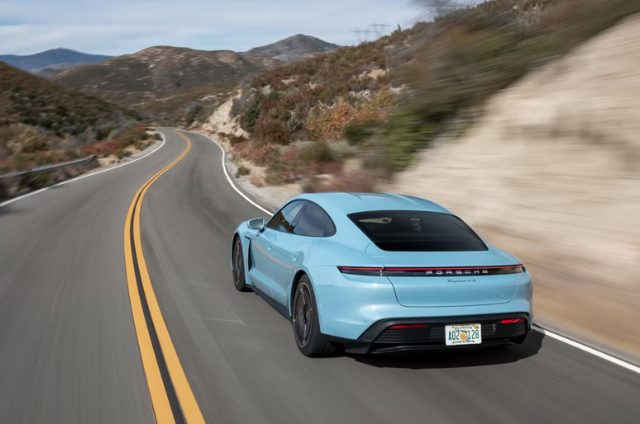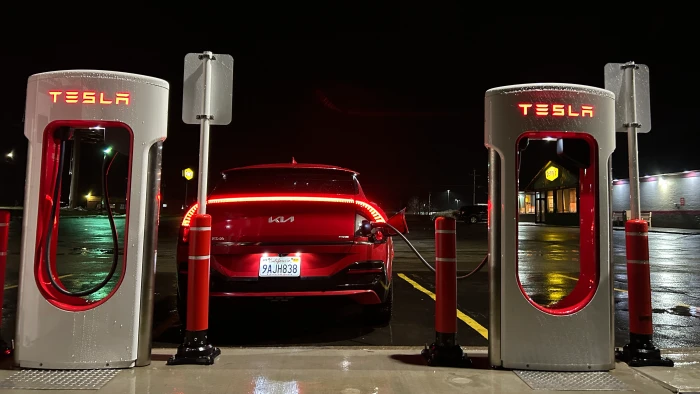A Bold Move with Big Impacts
President Trump has announced a sweeping 25% tariff on imported vehicles and auto parts, aiming to boost U.S. manufacturing and generate $100 billion in annual revenue. The policy, set to take effect this April, is already shaking up the auto industry—and the stock market.
GM and Ford shares dropped after the news, while Tesla saw gains, thanks to its heavily domestic supply chain. Automakers are now scrambling to assess how deeply the new rules will affect their production costs, retail prices, and global strategies.
Who’s Hit the Hardest?
Foreign automakers face the biggest impact. Brands like Mazda, Nissan, Hyundai, and Subaru manufacture many of their vehicles overseas. Even models sold in the U.S. often come with a significant percentage of non-domestic parts.
Surprisingly, some American brands may suffer too. For example, General Motors produces roughly 40% of its vehicles in Mexico and Canada. Though the President hinted at exceptions under the USMCA trade agreement, the long-term clarity remains uncertain.
On the other hand, Tesla and Ford are among the best positioned. Tesla’s Model 3 Performance is 87.5% U.S.-made, while Ford’s Mustang Mach-E uses 80% domestic content. Other strong performers include Honda, Jeep, and Volkswagen, with 75-76% of their EV and hybrid components sourced in the U.S.
Prices Are Likely to Rise
Industry analysts warn that new car prices could climb by several thousand dollars. That’s because no vehicle today is made entirely in one country—almost all rely on global supply chains. Shifting production fully onshore would take years and billions in investment.
What’s Next?
Trump has called this move a “permanent” policy and a pillar of his administration’s economic agenda. But as automakers assess the fallout, the big question for car buyers is clear: buy now, or wait?



